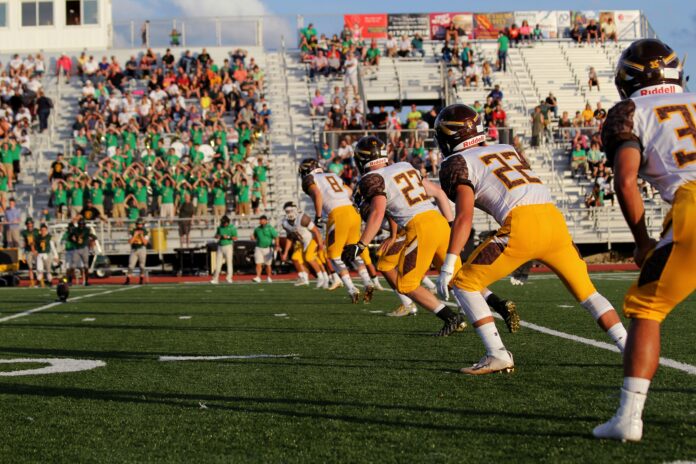Houston, we have a problem!
While a majority of the nation has talked about the NCAA v House’s multibillion dollar settlement as a win for student-athletes and for college sports, a smaller NCAA school in Houston has took aim at the NCAA and their attorneys over the large antitrust settlement and is against paying a $3 million dollar settlement. On July 12th, 2024, attorneys for Houston Christian University (HCU), a school of about 2,300 undergrads and previously known as Houston Baptist University, filed a reply brief in support of their motion to intervene. HCU states they were never named in the litigation and nor did they ever agree to a settlement.
The NCAA v House settlement basically requires the 27 nonpower conferences and member schools to be responsible for the $990 million dollar payment to the athletes labeled as“backpay damages” for denied NIL and other rights that were never paid. HCU and the Southland Conference are one of these 27 nonpower conferences and member schools. HCU argues that they can make these payments since from a financial aspect it would take money away the institution’s academic and spiritual mission. HCU notes that students would receive academic scholarships with that money as well. Further, HCU argues that they should not be required to pay the required $3 million in NIL payment due to the fact there is no evidence HCU specifically denied any student-athletes of these NIL rights.
HCU also rejects that the NCAA represents any of their interests. Instead, they further argue that a majority of the damage for denied NIL rights was caused by Power 5 conferencesand they should only be responsible for a small share of the financial responsibility. HCU’s resistance to this settlement has brought upon an interesting point in college athletics which is how will these smaller nonpower 5 schools keep up with the financial reality of student-athletes and their NIL rights at the NCAA? The answer to this question may ultimately lead to some of these schools making a hard decision to diminish or eliminate parts of their NCAA athletic program.

